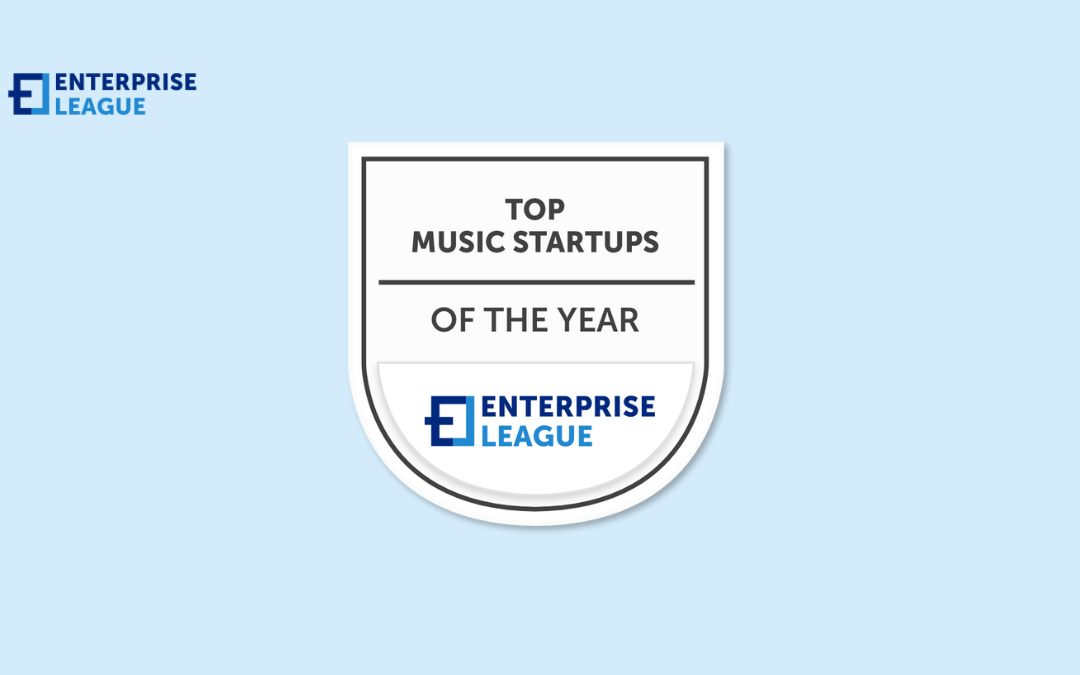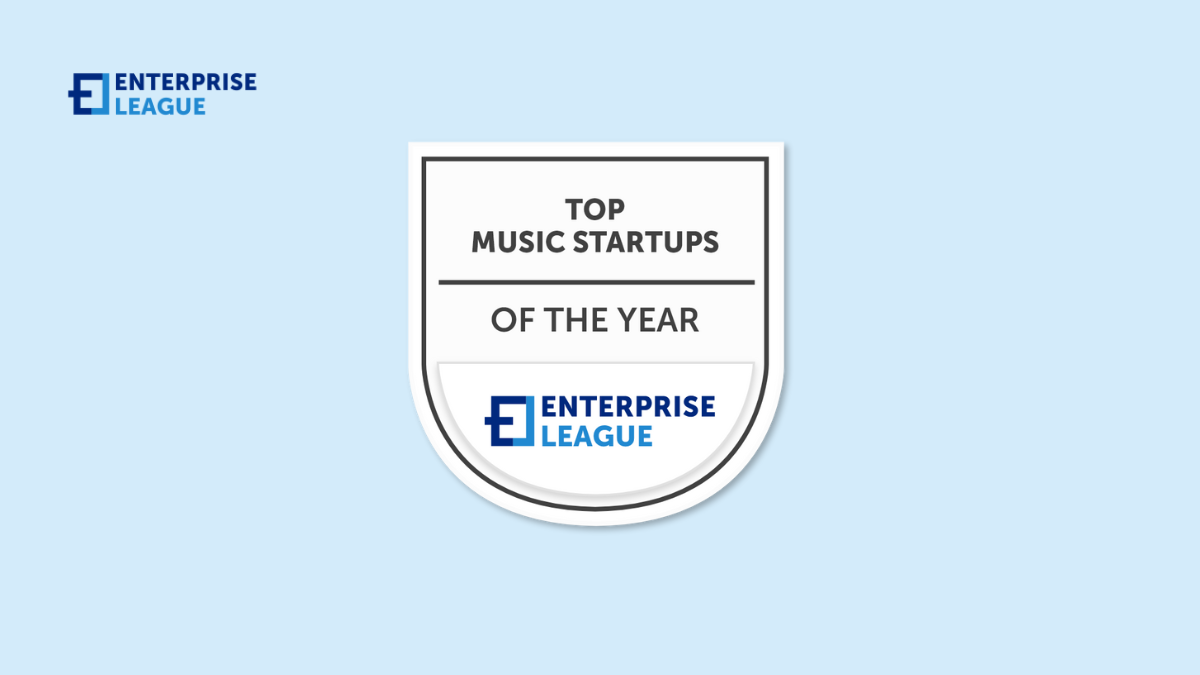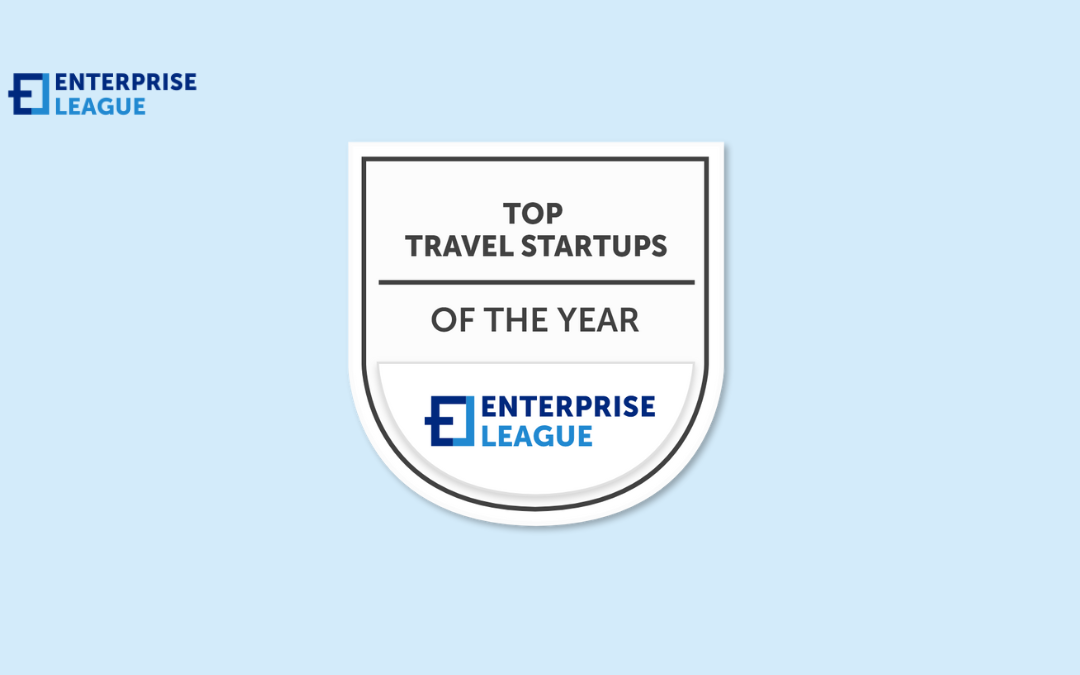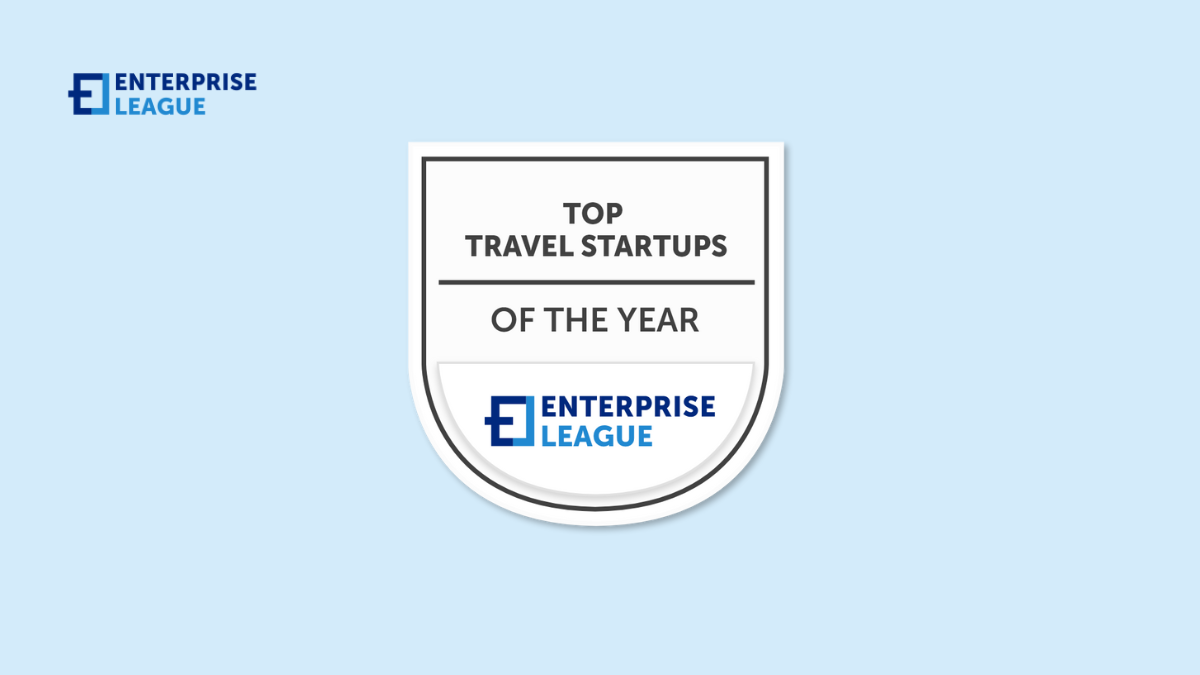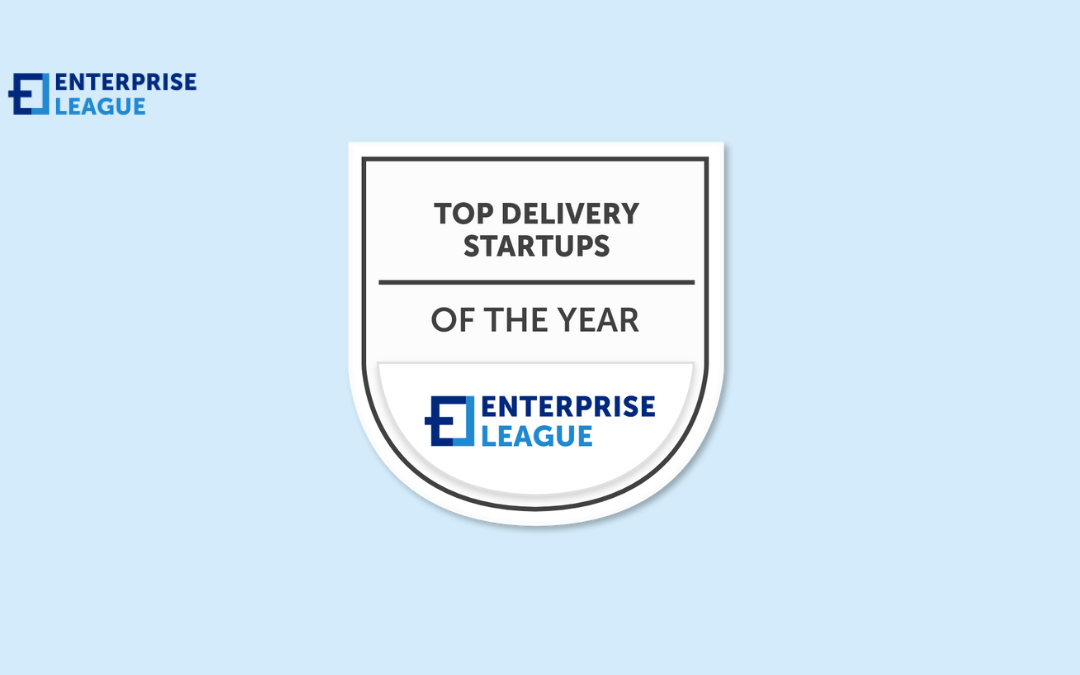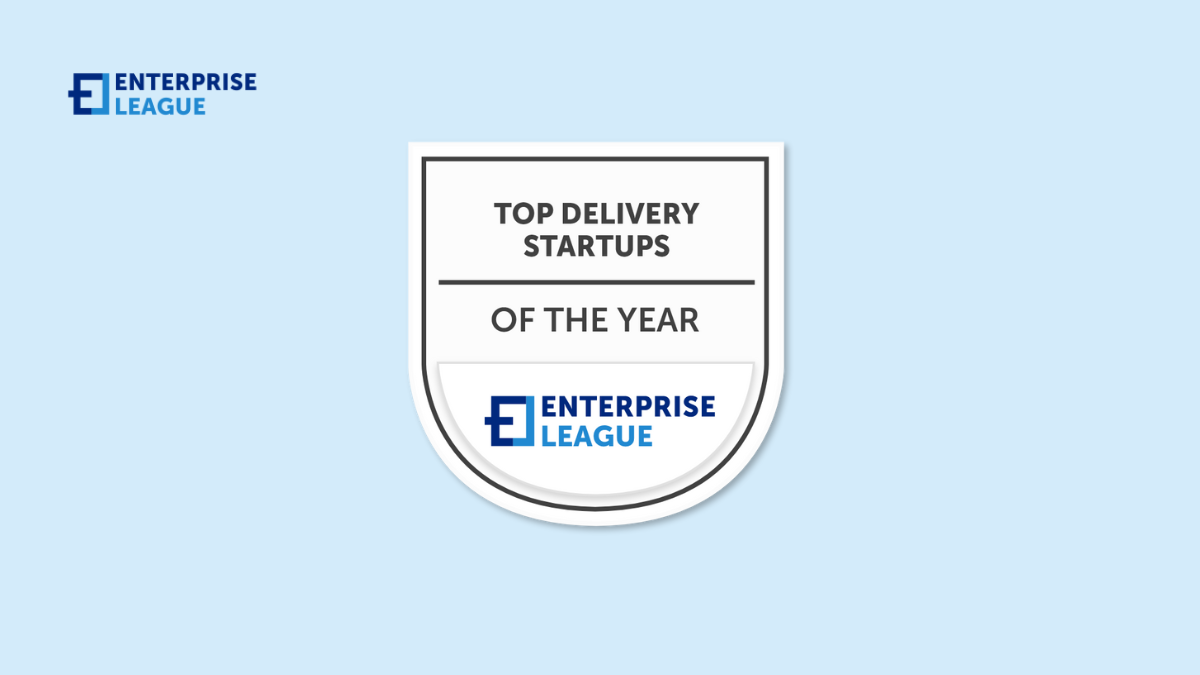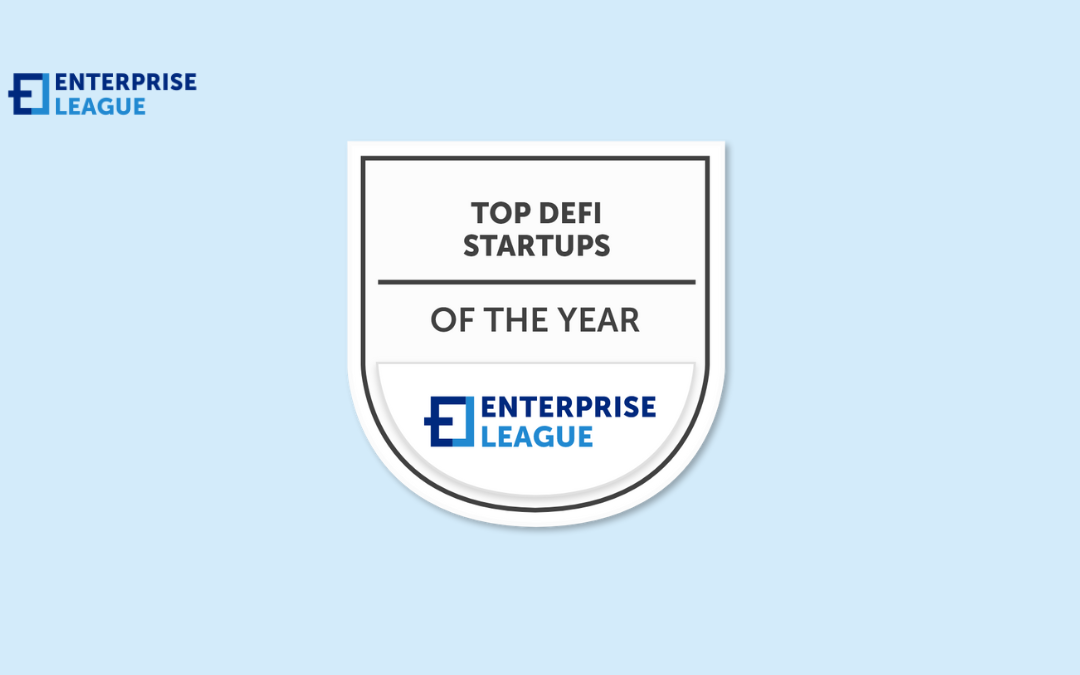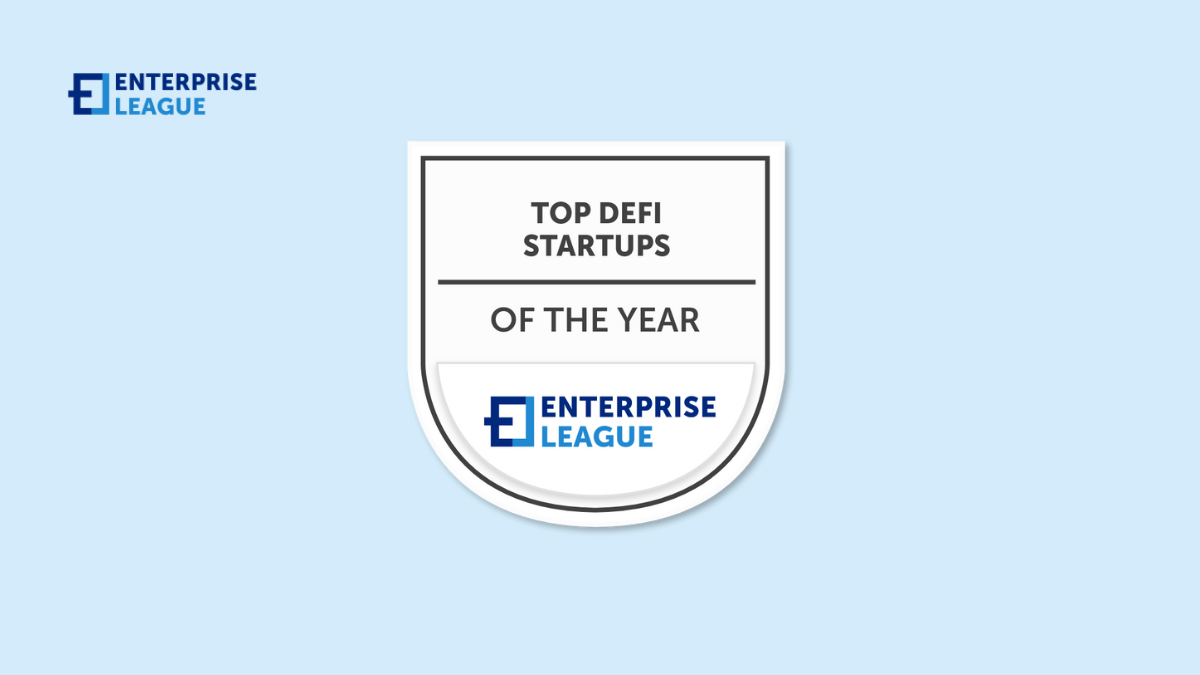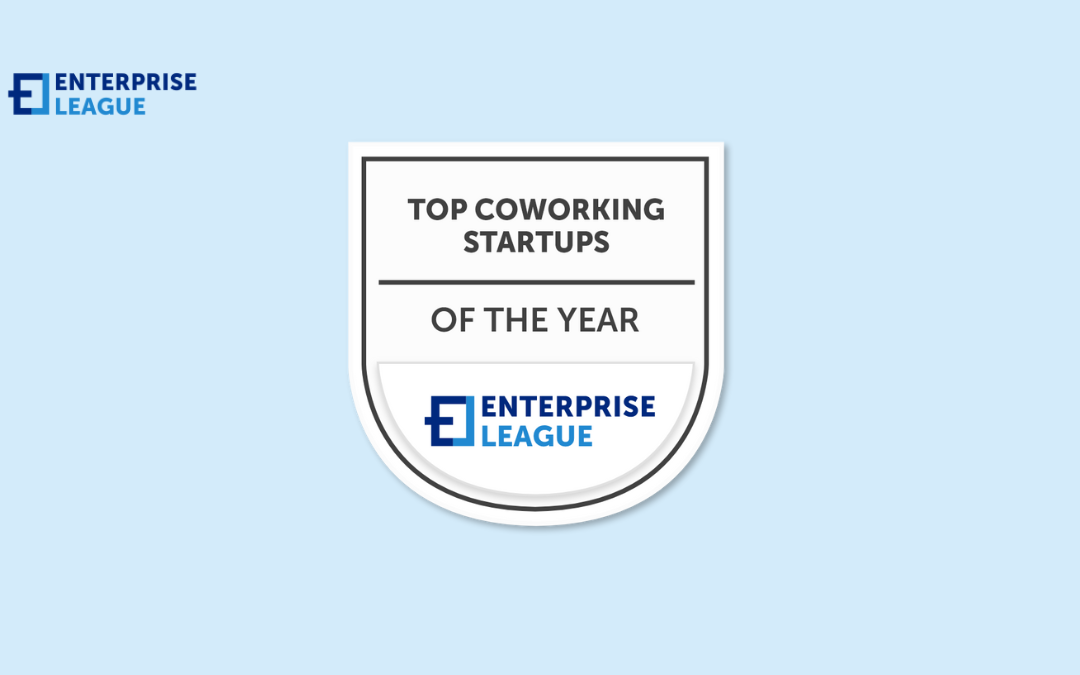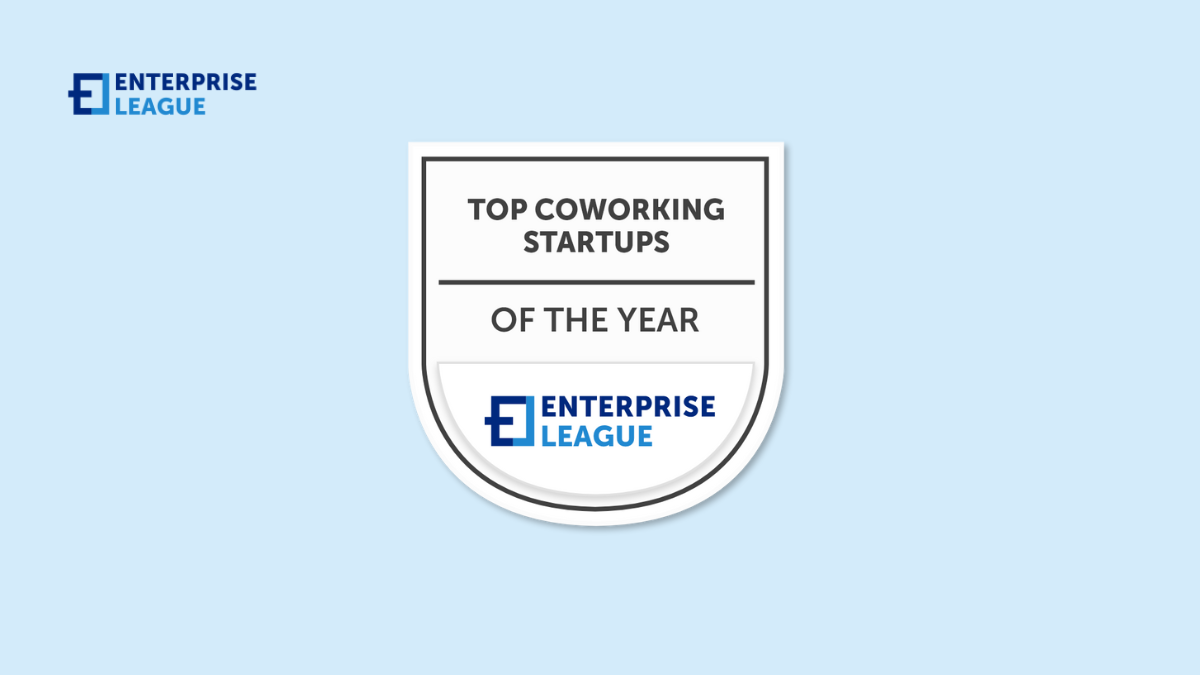Using cloud document management can improve workflow, communication, and productivity. Check out the five tips that will help you streamline your documents.

Top 17 thriving dating startups to know in 2025
We get it – dating is hard! In an ironic way, finding love has never been so easy, yet so difficult. The online dating industry is on a track to reach $17.28 billion by 2030. This is why new dating startups are emerging with creative solutions that are design to help people find love online – easier!
What are dating startups?
Dating startups are on a mission to find solutions that help people connect romantically online in more faster, easier and sustainable way.
Top dating startups startups
Complete list of the most innovative dating startups that are worth knowing:
SeeMe
Founded in 2007, SeeMe is a dating app with a unique approach to making connections. It enables users to turn chance real-world encounters into possible matches. The SeeMe app lets you discreetly view profiles of people around you in public places like coffee shops, bookstores, or events. If you both express interest after crossing paths, it will show your matched profile so you can message. This unlocks online dating while still preserving the romantic magic of those serendipitous meetings in real life.
SeeMe puts date planning in women’s court once matched. Female users control the conversation flow and pace, plus they select the location if an offline date is set. This safety-oriented model gives women confidence and control while balancing the dynamics between genders.
Paktor
Paktor operates a dating-centric social network facilitating more meaningful connections for singles. Built for users seeking relationships, their app cultivates trusted communities encouraging thoughtful engagement between compatible individuals. Paktor empowers members to go beyond surface-level profiles by sharing short videos, icebreaker games, audio messages and interest tags sparking organic discovery.
With strong privacy controls and prompts for multidimensional sharing rare for dating apps, Paktor provides welcoming spaces that help take the awkwardness and uncertainty out of expanding one’s social circles. By designing uniquely human-centric features tailored for singles ready to meet partners actively fostering mutual understanding and care, Paktor proves technology can enable profound human connection at scale when intentions align.
Muzmatch
Founded in 2015, Muzmatch aimed to build trust and convenience into Muslim matrimonial search. Features like photo privacy settings, in-app messaging, and location-based matching help navigate cultural nuances sensitively while finding promising prospects.
With over 3 million members, Muzmatch facilitates introductions between compatible couples by addressing unique needs. Users benefit from tailor-made tools that honor religious and ethnic diversity within their tradition’s core tenets around marriage.
Feeld
Launched in 2014, Feeld allows couples and singles to create a profile and specify desires ranging from polyamory to open relationships and kink. Users match and chat privately or in group chats.
By fostering a judgment-free space, Feeld aims to empower curiosity and conscious sexuality. Their community values open-mindedness, inclusion, and consent above all.
Hinge
Launched in 2012, Hinge matches singles through friends-of-friends on Facebook. Profiles and prompts encourage sharing personality and interests. The app discourages superficial swiping.
Features like prompts and user reviews aim to reveal compatibility beyond appearances. By promoting substance over volume, Hinge wants successful matches to lead to deleting the app.
CLiKD
Launched in 2019, CLiKD has users specify essentials and absolute no’s early in the signup flow. Advanced matching then surfaces profiles aligned with non-negotiable standards.
Features like Dealbreaker Badges on profiles reinforce alignment on must-haves. By putting critical filters first, CLiKD aims to spare users wasted time on mismatches. Their matching prioritizes pivotal harmony indicators.
Snack
Launched in 2019, Snack has users post casual selfie videos showing interests and quirks. The organic content provides a sense of mannerisms, humor, and self-expression.
Snack profiles feel more candid than static photos. Users swap videos and chats as initial screening before dates. By expanding beyond detached photos, Snack aims to help daters showcase and discover real personalities.
AntiLand
Launched in 2021, AntiLand facilitates chat rooms around shared interests for friendly discussion. Users gain karma for positive interactions but lose it for unwanted advances.
By incentivizing respectful behavior, AntiLand cultivates an uplifting community. Their karma model aims to enable connections without toxicity.
Salt
Launched in 2017, Salt fosters a community around shared Biblical values and devotion. Features like daily prayer prompts nurture spiritual connections. Matches message privately.
By catering specifically to Christians, Salt provides tailored social discovery within that niche. Their focus celebrates faith while helping members meet quality partners who share beliefs.
HER
Launched in 2013, HER facilitates connections between queer, bisexual, and lesbian women and non-binary people. Users match, chat, and attend local events together.
By welcoming the full spectrum of orientations, HER provides an inclusive alternative to mainstream apps. Their niche focus celebrates and empowers the LGBTQ+ cohort with a sense of belonging.
S’More
Launched in 2019, S’More aims to foster substantive connections by initially hiding physical attributes. Bios and messaging help users learn shared interests and compatibilities first.
As exchanges continue, profile photos become clearer to reveal looks. By delaying the reveal, S’More combats superficial judgments in digital dating.
Raya
Launched in 2015, Raya requires referrals and formal applications to join. Celeb members have included Demi Lovato, Amy Schumer, and Trevor Noah. The app connects influential figures across industries.
Raya cultivates exclusivity through privacy features like requiring phone contacts be hidden. By maintaining elite status, the app positions itself as a high-society digital destination.
Thursday
Launched in 2017, Thursday opens every Thursday at 6 PM and closes at midnight in each time zone. Users match and message just during that window.
By limiting usage, Thursday fights dating app burnout. Their approach aims to empower more present, mindful dating balanced with non-app life. Matches feel more meaningful with restricted chatting time.
Happn
Launched in 2014, Happn displays users you may have organically encountered in public based on proximity. See someone cute at the coffee shop? They may pop up in your Happn feed.
By bridging digital and physical encounters, Happn aims to spark natural connections rooted in serendipity. Their time and place matching mimics how people traditionally meet in unexpected moments.
Betterhalf
Launched in 2017, Betterhalf built a partner prediction engine analyzing patterns in millions of happy couples. The AI model surfaces users likely to have enduring relationship success.
Matches are made on dimensions like values, intellect, and emotional needs beyond basic demographics or locations. By tapping behavioral data, Betterhalf aims for relationships built to go the distance.
Tantan
Launched in 2014, Tantan matches based on user profiles, interests, and swipes just like Tinder. Chat features encourage quick conversations to spark connections.
By localizing elements for Chinese daters, Tantan carved out enormous popularity. Their model blends globalized design with regionalized features like real-time video streaming.
Blued
Founded in 2012, Blued takes cues from platforms like Grindr while optimizing for regional preferences. Users match, chat, and join group Live streams. Optional authentication boosts security.
By designing around Chinese cultural nuances, Blued tapped an underserved niche. Their localized model facilitated discovery and belonging for a marginalized cohort.
Conclusion
As our expectations of dating apps continue to grow, it’s likely that fresh ideas and niche communities tailored to our interests will prevail. One thing is for certain – we have only begun to tap into the potential of technology to change how we build romantic connections online. These trailblazing dating startups are certainly worth keeping an eye on if you’re dissatisfied with the status quo.
Discover more creative startups that might interest you:
- Food startups that are developing amazing food making and delivery solutions.
- Engineering startups are changing the world with creative solutions.
- Must-know hvac manufacturing startups that redefine the industry norms.
- Innovative electrical equipment companies offering cutting-edge solutions.
Related Articles
Maximizing efficiency: 5 tips for effective cloud document management
Transform your business career: 8 tips for writing an impactful startup resume
In the rapidly evolving business landscape, startups have become the epitome of innovation, disruption, and boundless opportunities. If you're aspiring to transform your business career and make your mark in this dynamic realm, crafting an impactful startup resume is...
Moving your office across the country: 8 tips for a seamless transition
Moving your office across the country can be a challenging and stressful process for you. But with these eight tricks, you can ensure a smooth transition.
LinkedIn for startups: 11 proven strategies for success (2025)
If you are using LinkedIn for startups, check out the best practices to become noticeable on LinkedIn. All 16 tactics are proven to get you mind-blowing growth on LinkedIn.
Maintain a high Trustpilot rating: 5 tips you must implement
The most effective way to increase sales for your online business is to maintain a high Trustpilot rating. Read this post to learn the best techniques to do so.









